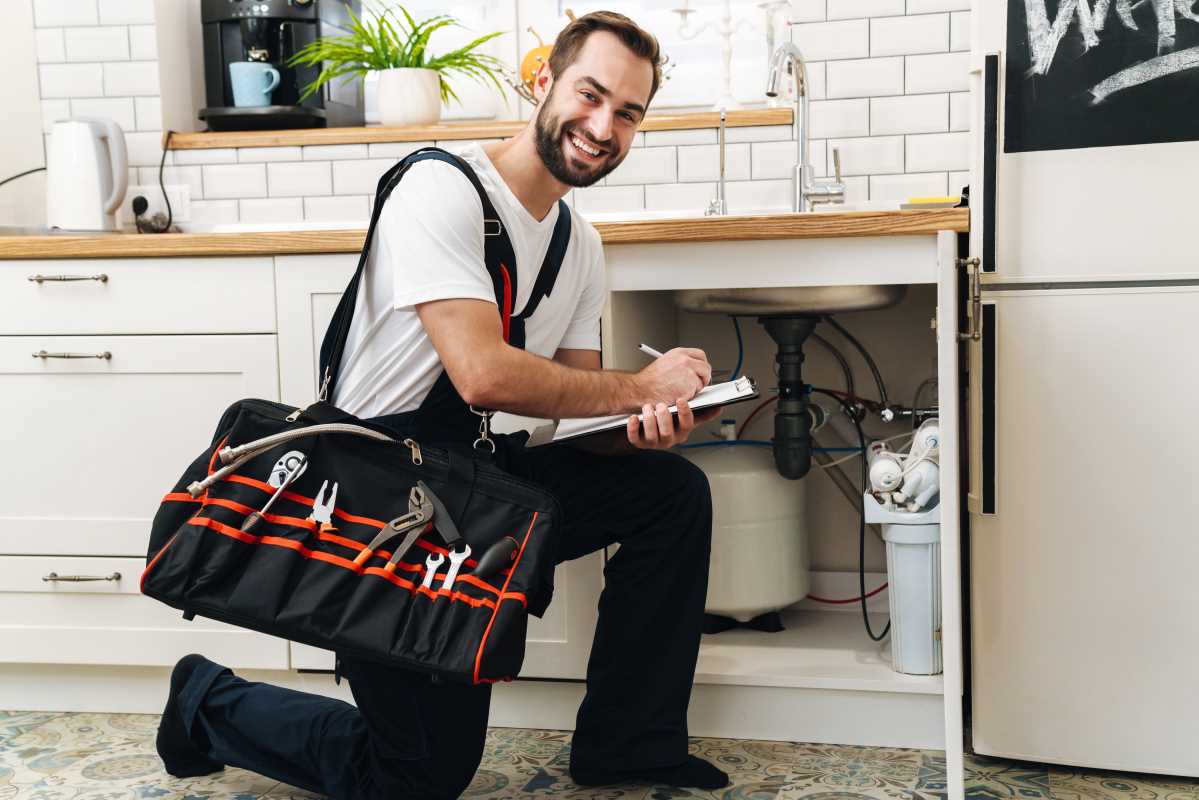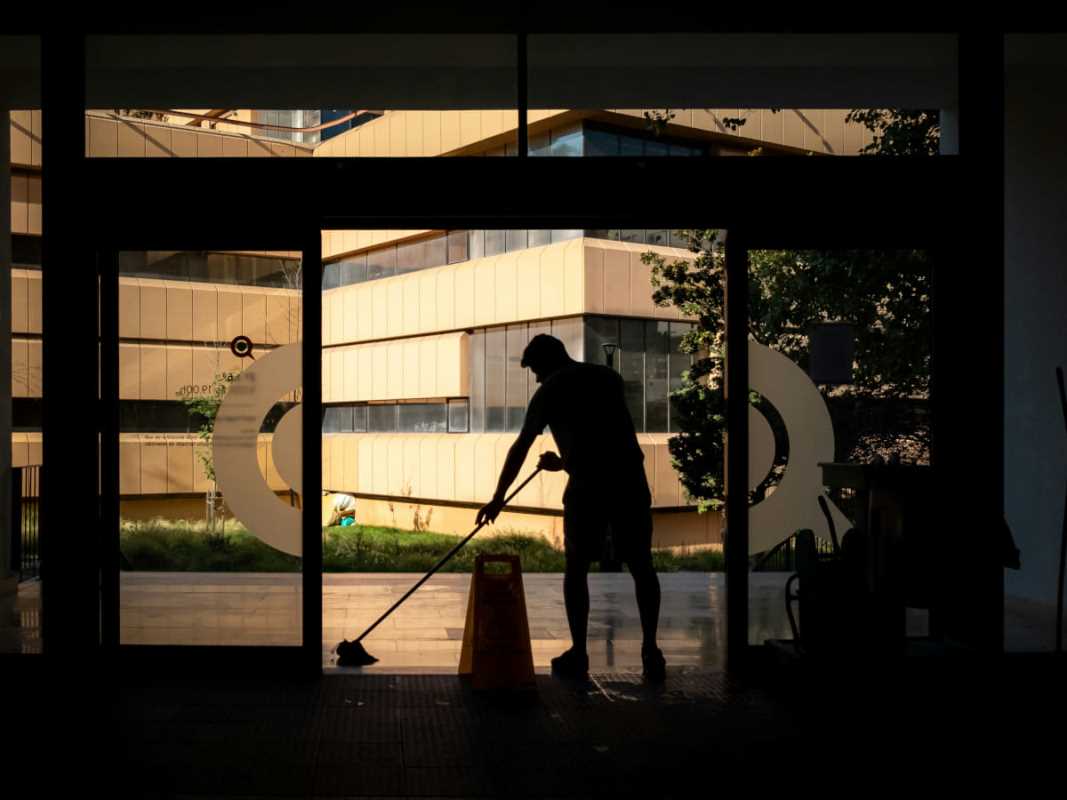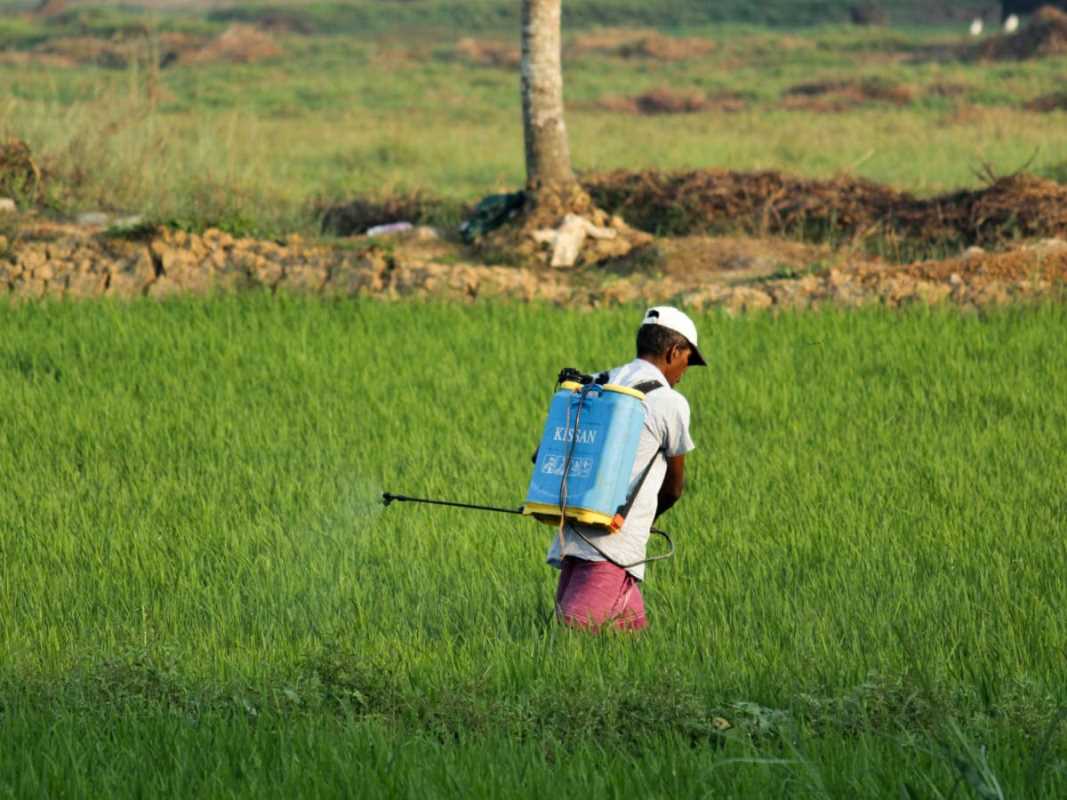Plumbing problems have a way of sneaking up on you at the worst possible times, don’t they? Whether it’s a burst pipe flooding your kitchen at 2 a.m. or a clogged drain just before guests arrive, these unexpected issues can quickly turn into messy, expensive headaches. That’s why having access to a reliable emergency plumbing service provider is a game changer.
This guide will help you understand why emergency plumbing services are essential, how to identify trustworthy providers, the importance of preventative maintenance, and what you can do to prepare for plumbing emergencies.
Why Emergency Plumbing Services Matter
Plumbing emergencies aren’t just inconvenient; they can also cause extensive damage to your home if not addressed quickly. For example, water from a burst pipe can seep into walls and flooring, leading to mold growth and structural damage. Similarly, a sewer backup can create health hazards and leave unpleasant odors lingering in your home.
The faster you can get professional help, the better chance you have of minimizing these issues. Emergency plumbers are trained to respond quickly and handle time-sensitive situations, making them an invaluable resource in maintaining your home’s safety and functionality.
Common Plumbing Emergencies
Some plumbing problems require immediate attention to prevent worsening damage. Here are a few common situations where emergency plumbing services are a must:
- Burst Pipes: Freezing temperatures or aged pipes can lead to sudden bursts that release gallons of water in minutes.
- Clogged Drains: Severe blockages can cause water to back up into sinks, showers, or toilets, disrupting daily routines.
- Water Heater Failures: Sudden loss of hot water or tank leaks can disrupt not just comfort but also safety.
- Sewage Backup: Raw sewage coming back through drains poses significant health risks and requires prompt attention.
- Leaking Fixtures or Appliances: A leaking water line for your washing machine or dishwasher can cause significant water damage if left unchecked.
Key Qualities of a Reliable Emergency Plumbing Service
Not all emergency plumbers are created equal. Choosing the right provider can make a world of difference when you’re in the middle of a plumbing crisis. Look for these key qualities when evaluating service providers:
1. 24/7 Availability
Plumbing issues don’t follow a 9-to-5 schedule, so neither should your plumber. Reliable emergency plumbers are available around the clock, including holidays and weekends. Make sure the provider you choose has a hotline or service center that’s always reachable.
2. Quick Response Times
Time is critical during plumbing emergencies. The best providers aim to respond to calls within 30 minutes to an hour. Ask potential plumbers about their average wait times and whether their technicians are dispatched locally.
3. Certifications and Licensing
Always check for proper licensing and certifications. This ensures the plumber has undergone the necessary training and adheres to industry standards. Look for certifications from organizations like the Plumbing-Heating-Cooling Contractors Association (PHCC) or similar bodies.
4. Transparent Pricing
The last thing you want during an emergency is surprise fees. Trustworthy plumbers provide clear pricing estimates before starting any work, even in emergency situations. Look for providers that are upfront about service charges, labor rates, and any additional costs.
5. Customer Reviews and Reputation
Online reviews and word-of-mouth recommendations can give you valuable insight into a plumber’s reliability and quality of service. Look for providers with consistently high ratings and positive feedback regarding punctuality and professionalism.
6. Proper Equipment
A well-prepared emergency plumber arrives with the right tools and technology to investigate and fix problems efficiently. For example, drain cameras can help diagnose blockages, while hydraulic sewer jetters can clear them quickly.
How to Find a Trustworthy Emergency Plumber
Finding the right emergency plumber doesn’t have to feel overwhelming. Here are some practical tips to guide your search:
- Ask for Recommendations
Friends, family, and neighbors are excellent sources for finding reputable plumbers. Personal recommendations often come with firsthand experiences to help you make an informed choice.
- Check Online Reviews
Look at reviews on platforms like Google, Yelp, or the Better Business Bureau (BBB). Be wary of providers with consistently low ratings or complaints about hidden fees and poor customer service.
- Verify Credentials
Always check if the plumber is licensed, bonded, and insured. This protects you as the homeowner and ensures that the plumber is qualified to perform emergency repairs.
- Request Estimates in Advance
Even for emergencies, it’s fair to ask for a ballpark estimate before a plumber begins work. Clear pricing demonstrates professionalism and reduces the risk of hidden costs.
- Look for Membership in Industry Organizations
Membership in professional organizations like the PHCC indicates a commitment to industry standards and best practices.
- Have a Standby Professional
Don’t wait until disaster strikes to search for a plumber. Research and choose a reliable service provider ahead of time so you’re not scrambling in the middle of an emergency.
Preventative Maintenance to Avoid Plumbing Emergencies
While you can’t prevent every plumbing emergency, regular maintenance can significantly reduce the likelihood of major problems. Here are some preventative steps to take:
- Inspect Pipes Regularly: Check for signs of wear, such as leaks, cracks, or corrosion.
- Clear Drains: Use enzyme-based cleaners or drain snakes to prevent clogs from becoming severe. Avoid pouring grease or large food particles down the drain.
- Test Water Pressure: Excessively high pressure can strain pipes and lead to leaks. Use a pressure gauge to ensure levels are safe.
- Service Your Water Heater: Flush the unit annually to remove sediment and inspect it for leaks or other issues.
- Winterize Outdoor Pipes: Insulate exposed pipes and disconnect hoses to prevent freezing and bursting during cold months.
- Maintain Appliances: Ensure washing machines, dishwashers, and refrigerators with water lines are in good working order. Replace old hoses as needed.
Investing in preventative maintenance may seem like a hassle, but it can save you significant money and stress in the long run.
How to Be Prepared for Plumbing Emergencies
Even with the best maintenance plan, emergencies can still happen. Being prepared will help you stay calm and minimize damage while waiting for professional help. Here’s what you can do:
- Know Your Main Water Shut-Off Valve
- Find and label your home’s main water shut-off valve so you can stop the water flow in an emergency. Show all family members where it is and how to use it.
- Keep Essential Tools Handy
- Have basic tools like a plunger, pipe wrench, and plumber’s tape on hand to address minor issues while waiting for help.
- Create a Contact List
- Save the phone numbers of local emergency plumbers in your phone and post them in a visible location, like on your fridge.
- Stay Safe
- If a major plumbing issue involves electrical systems (like a water heater), turn off the electricity to that area to prevent hazards.
Plumbing emergencies can be stressful, but having a reliable emergency plumbing service provider on your side makes all the difference.
 (Image via
(Image via





